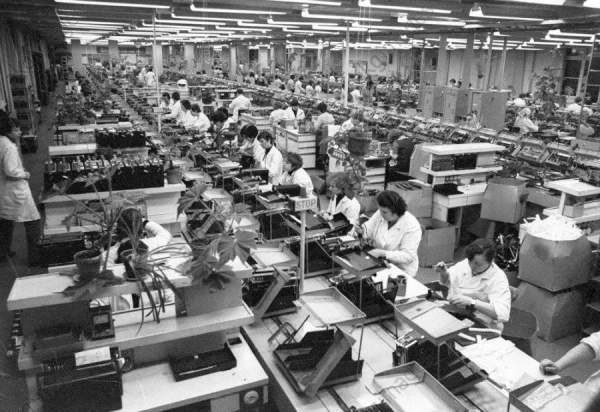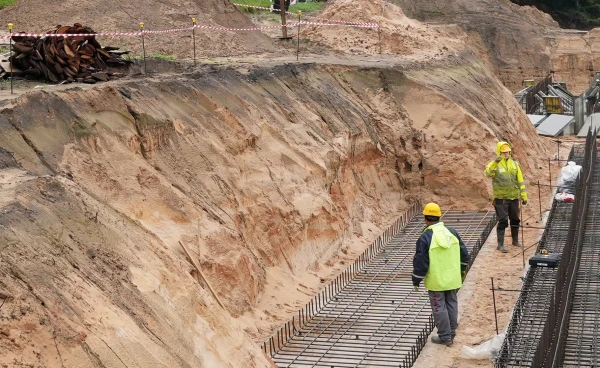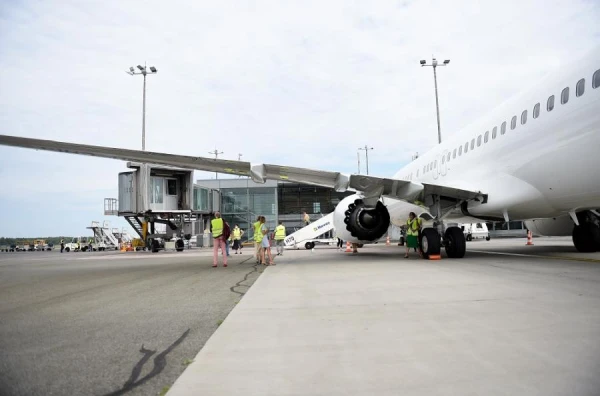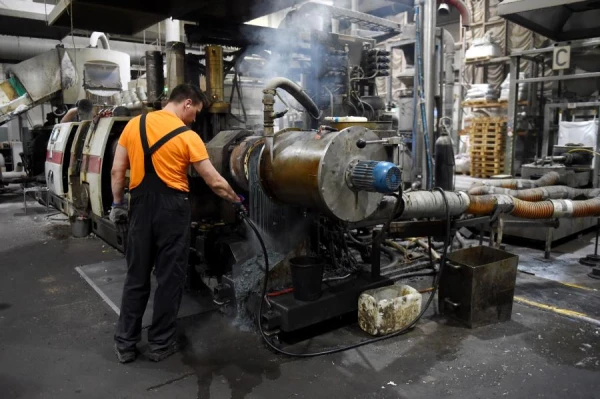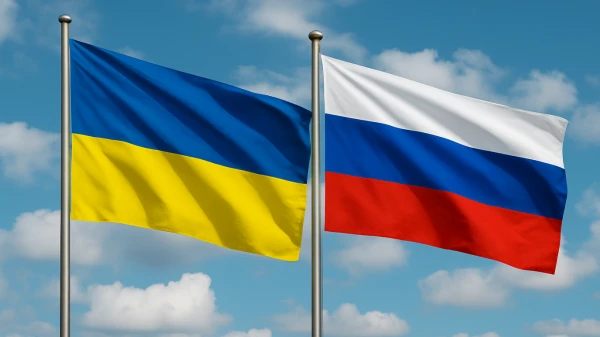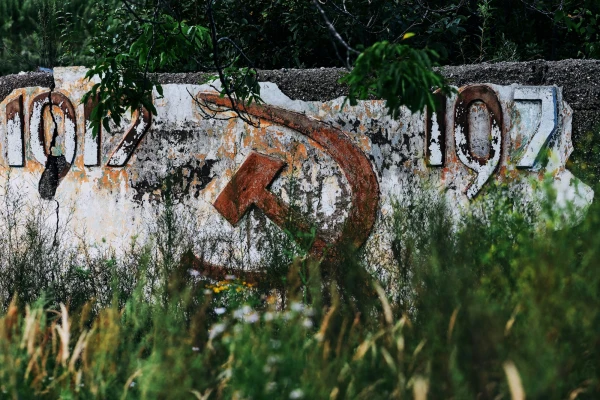
The reason why Latvia has struggled economically for all 35 years of independence lies in the years of Soviet occupation, during which, as noted by leading researcher of the Vidzeme University of Applied Sciences Gatis Krumiņš in the podcast “Piķis un ģēvelis!”, “we were constantly milked.” According to his calculations, during the Soviet period, Moscow appropriated about 800 billion euros generated in Latvia from industry and agriculture, writes tv3.
According to Krumiņš, this is precisely the reason for his research on the Latvian economy during the USSR era. “Otherwise, we don’t understand: ‘How is it that everything is available in Finland!’ But we could have been just like Finland in terms of population and other parameters. Why do people leave Latvia? Because we cannot catch up, we are not able to develop everything necessary quickly enough,” the researcher explains.
He also emphasizes that this is why Latvia has struggled for all 35 years: “We were constantly milked.”
“We have fallen behind. We do not have that leap. Neither the education system nor anything else. Everything was incredibly drained. Therefore, we cannot afford to build a railway, maintain our own aviation. Basic things. If we had those 800 billion…” Krumiņš explained.
In researching the Latvian economy of the Soviet era, Krumiņš established that a large portion of the funds generated from industrial and agricultural production in Latvia was siphoned off from the republic.
“If you look at how much we produced during that entire period: 40% was used inefficiently, another 20% we do not see — they went to [Moscow], 20% remained in Latvia, but went to military bases, that is, for the needs of the army. In the end, we are left with 60%,” Krumiņš calculated. “If we theoretically had those volumes left, I calculated — it would be more than 800 billion euros. Just imagine what a sum that is!”
Krumiņš calls this situation an economic paradox. During the Soviet period, Latvia was a zone of intensive production. Educated people lived here, and the infrastructure was developed.
“They produced here because it was possible to make a quality product. That’s why there was a lot of military industry here — it was a priority for the USSR,” Krumiņš explains.
Latvia produced an extremely large amount, but most of the products left the republic, and Latvia received nothing in return.
“After World War II, in terms of gross product, Latvia was on par with Finland — Finland was just slightly above. Until 1970, we were roughly at the same level,” the researcher established.
He also points out that about half of the Soviet Union's economy was directly controlled by Moscow. Funds were directed to union ministries, to factories like VEF and other large enterprises, whose money was directly controlled — Latvia had no participation in this. Nevertheless, there remained local industry, agriculture — and here Moscow controlled the cash flows through various taxes.
“If I look at how much went out of this budget, it’s about one-fifth,” Krumiņš says.
“About 19% of all received went out. Of what remained in Latvia, another approximately 19% was spent on the army and the Committee for State Security,” he adds.
